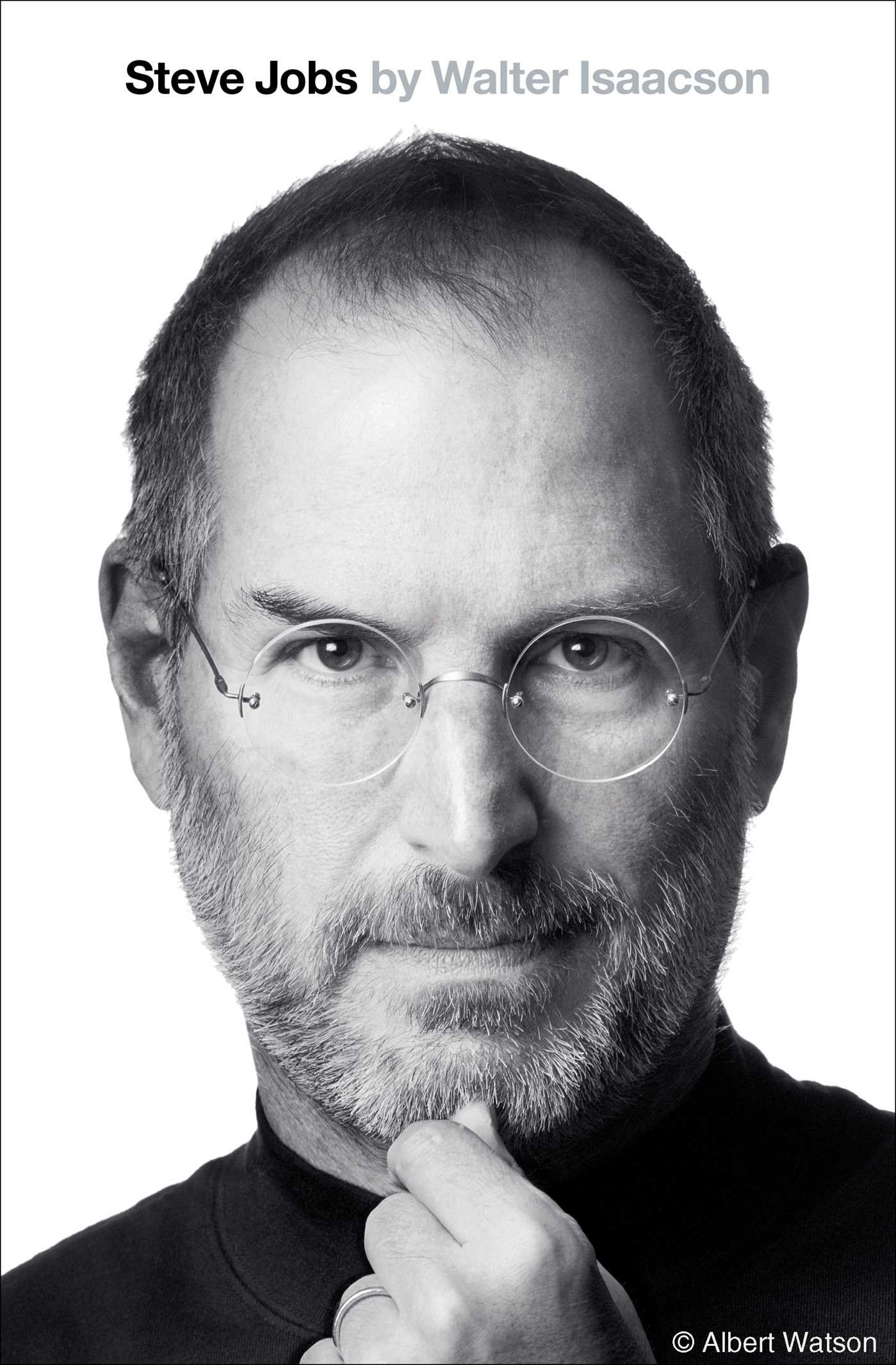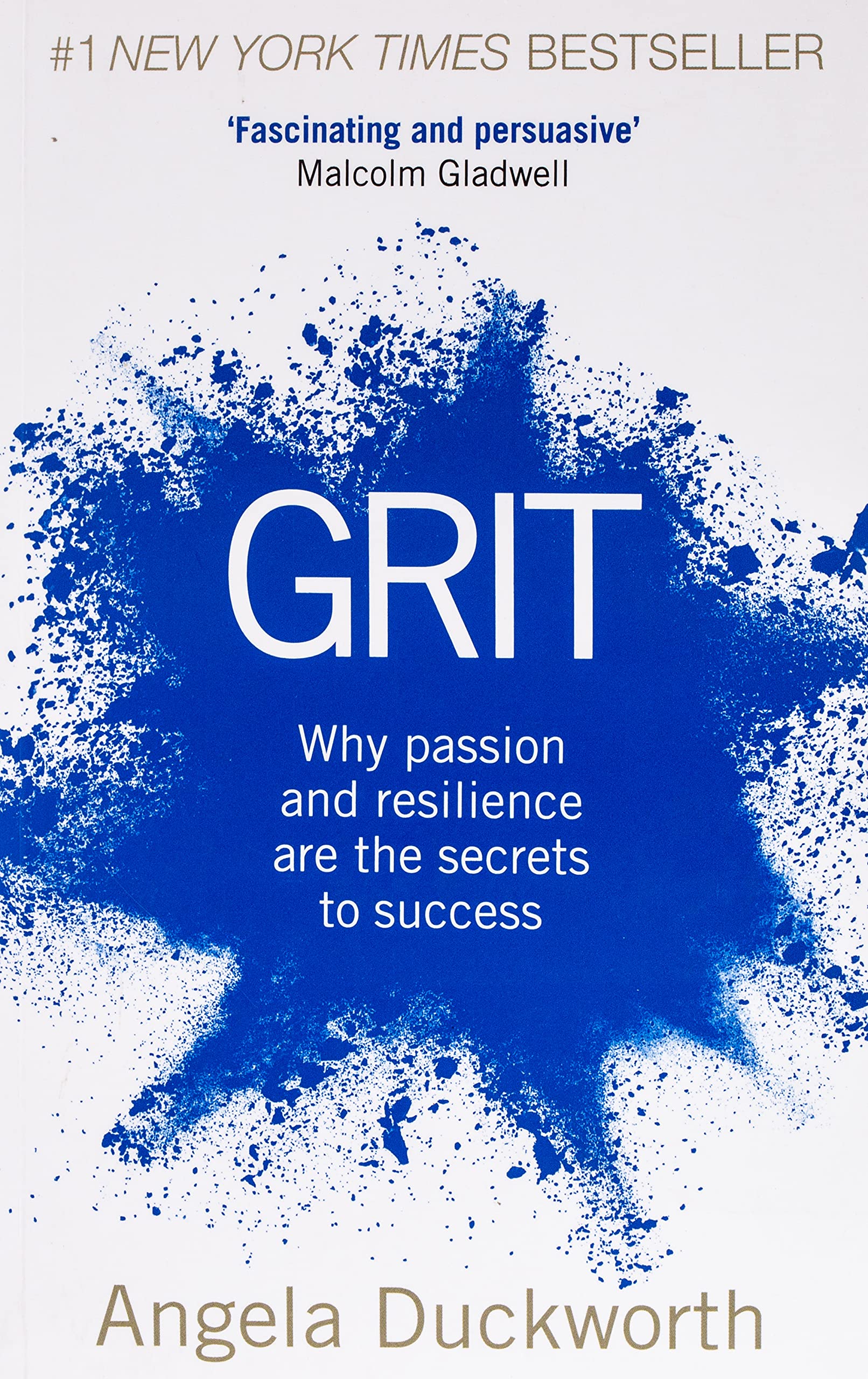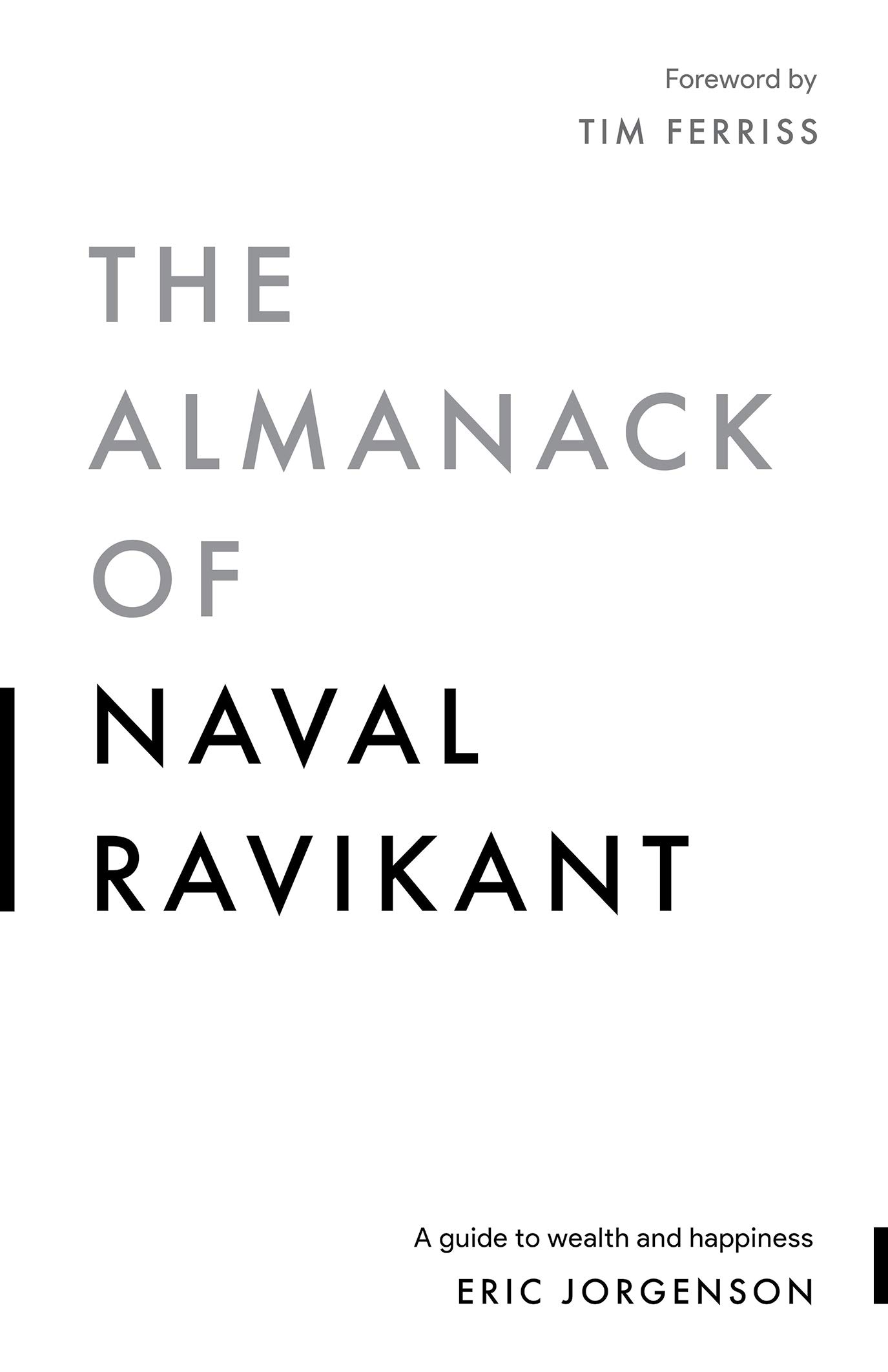Simplicity. Perfectionism. Control.

Steve Jobs by Walter Isaacson gives a detailed account of the man’s personal and professional life. He is certainly a fascinating individual who has had a profound impact upon the world.
Jobs was clearly a man of dichotomies: brilliant ideas but obsessive about detail; everything was either perfect or terrible; emotional swings from one direction to the other; working for $1 but also wanting large stock options.
Key points:
- Hackers reversed the perception that computers were part of ‘control’ and instead turned them into creative outlets
- Though Apple then went for full integration of the whole product, which prevents customisation, and goes against hacker mentality
- The boxes and packaging for all Apple items should set the tone for the experience of the products
- Huge emphasis on simplification throughout every step of the process/experience
- E.g. Consumer & Pro for Desktop & Laptop
- Simplicity is not reached through ignoring complexities but by understanding and reducing them
- Huge emphasis on simplification throughout every step of the process/experience
- Many admit that Jobs could have motivated his team without also being rude, but he certainly instilled a desire to create the most beautiful products possible – by encouraging the designers to think of themselves as artists
- “…customers don’t know what they want until we’ve shown them.”
- Similar to Ford saying that people would have asked for a “faster horse”
- He believed in the mantra of holding the highest standards throughout everything you do
- E.g. keep every shelf clean as well as keeping machines running perfectly
- Jobs had a significant period of learning between his ousting from Apple before his return; Isaacson says that without those failures he would not have been as successful
- There is a theme of identifying things aren’t quite perfect, and insisting on stopping/correcting the problem, not just ignoring it and saying they’ll fix it later
- Do not be afraid to create a new product that beats your own previous product (as someone else will make something that beats your original, anyway)
- He mentioned the importance of remembering his own mortality for prioritisation of decisions
- Jobs went on a special holiday with each of his children by themselves
- His main management tips were: focus (on a few areas/products) and be ruthless about ending up with “B-players” on the company
Whilst I found parts of this book a bit overly mystical at times, the general principles on how to produce creative work were deeply insightful.
More books like this:
- M. K. Ghandi an autobiography
Useful links:




